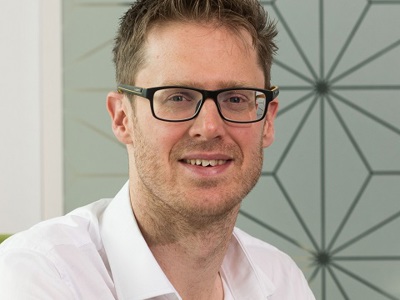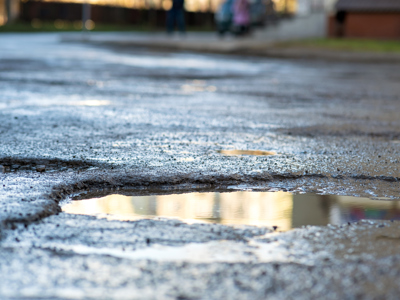
Accident recovery: Leigh Day cycling rehabilitation series
Following a cycling accident, getting back on the bike can be a daunting prospect. Rehabilitation is a crucial process to help the individual recover both physically and psychologically.
Posted on 15 January 2025
At Leigh Day, we understand the challenges cyclists face post-accident, ensuring rehabilitation is one of our top priorities for our clients.
This blog will cover cycling psychology, confidence-building techniques, cycling comfort and post-cycle therapy from four specialist speakers, inspired by our four-part series hosted by renowned cycling broadcaster, Anna Glowinski.
After experiencing a cycling collision, physical injuries are expected, but it is easy to underestimate the psychological barriers faced when getting back on a bike. Trauma post cycling accident can manifest itself in many ways, affecting the cyclist psychologically as well as physically. An accident can greatly impact cycling participation and enjoyment, making it difficult to return to the sport. Addressing the psychological effects of a cycling injury is just as important as treating the physical effects to the body.
The emotional impact of a cycling accident can manifest itself in many ways, sometimes causing long-lasting effects and prolonged emotional trauma. Even as the injury improves, mental health issues such as cycling specific anxieties, travel anxiety, depression, and PTSD (post-traumatic stress disorder) can develop. These issues can affect relationships, mood, and overall quality of life.
Symptoms can include flashbacks, nightmares, and avoidance of situations that remind the individual of the traumatic experience.
Thankfully however, there are a range of therapies which can assist with these symptoms, such as:
-
Mindfulness and breathing techniques
-
Counselling and cognitive behavioural therapies
-
More advanced therapies like eye movement desensitisation and reprocessing (EMDR)
These strategies can help cyclists recover mentally and regain their passion for cycling. With professional support, cyclists can find themselves confidently pedalling again, experiencing the mental and physical benefits that cycling has to offer.
Anna Glowinski and Peter Hudson, a competitive cyclist and chartered psychologist, discuss deeper insights into this topic and provide a guide into cycling psychology in our rehabilitation webinar series.
You can watch Peter and Anna discuss cycling psychology in the video here.
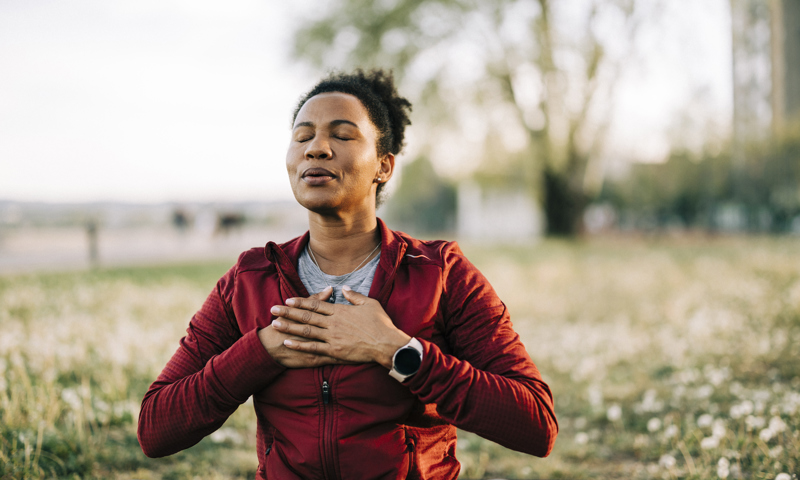
Even where psychological symptoms are less severe, or after treatment has been completed, regaining confidence on the road can still be a challenging process. It is only natural to experience fear and anxiety the first time you venture back onto the road, even if cycling has been a major part of your life for a long time before the accident. Support for taking these first steps (or pedal strokes) can be crucial to regaining your love of cycling.
Fortunately, help is available. When you are ready, there are options to receive one-to-one coaching to help you get back on the bike. Alternatively, group rides and club rides can offer a feeling of safety and support in a friendly environment. Everyone’s recovery journey is different, so how you return to cycling will depend on what works best for you.
Lee Spencer, a specialist cycling officer for Cheshire Police, helps people regain confidence after cycling accidents via specialist practical on-road advice and provides simple tips on enhancing safety via road positioning, group riding and encouraging positive interactions with motorists. His programme is designed to boost people’s cycling confidence and to educate motorists on driving safely, creating a safer and more confident cycling community.
In this cycling video, Anna Glowinski and Lee Spencer explore various tips to help cyclists regain their confidence and strategies that you can adopt to improve safety on the roads.
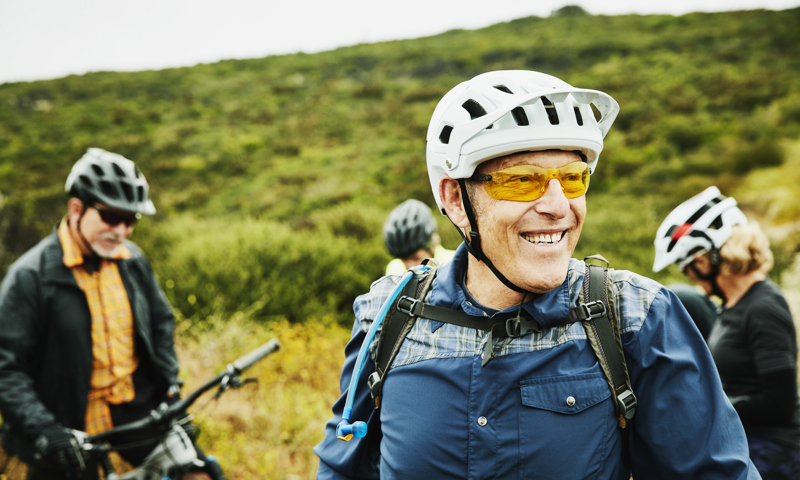
Being comfortable on your bicycle is crucial to enjoying cycling regardless of whether you have had an accident or not. It can help alleviate pain, prevent injuries, boost performance, and increase overall happiness and wellbeing. After an accident however, cycling comfort can become even more important, and is a commonly overlooked part of cycling rehabilitation.
A professional bike fitting can make a world of difference - adjustments to various parts of the bike, including your saddle, handlebars, and pedals can relieve pain and pressure on specific areas of the body, making the ride more comfortable, and reducing the risk of further injury. As time goes by and your recovery progresses, further adjustment may be required to accommodate to any new physical changes.
Rich Salisbury is a sports rehabilitation specialist and a professional bike fitter at Pedal Precision. Anna Glowinski and Rich Salisbury discuss ways in which cyclists can enhance their efficiency and comfort while cycling, including those recovering post-collision.
You can watch Rich and Anna discuss comfort when cycling in the video here.
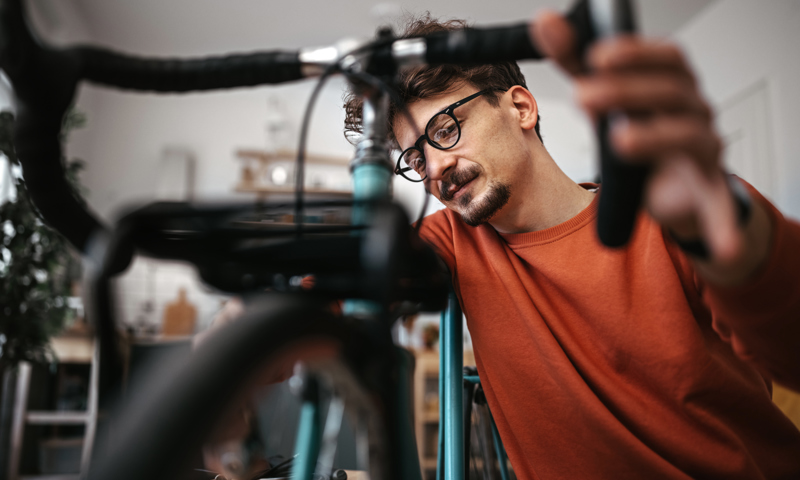
A cycling accident can have a broader impact on a person’s social, psychological, and physical well-being and therefore it is necessary to take a comprehensive approach to address these aspects. Some are short-term, others, however, can be long-term and can lead to further adaptation and adjustments to a new lifestyle.
Specialist diagnosis and analysis is crucial in identifying problem areas (which you may not even be aware of), considering how best to approach them, and setting realistic targets and goals to monitor progress.
A specialist case manager can maximise rehabilitation potential by providing well-rounded, holistic support, giving the cyclist the possibility to return to a life as close as possible to pre-accident.
Jason Chidwick is a case manager and rehabilitation specialist at Emma Way Associates. Anna Glowinski and Jason discuss the recovery process following a cycling accident and offer a guide to injured cyclists through treatment.
You can watch Jason and Anna discuss resilience and post-cycle therapy in the video here.
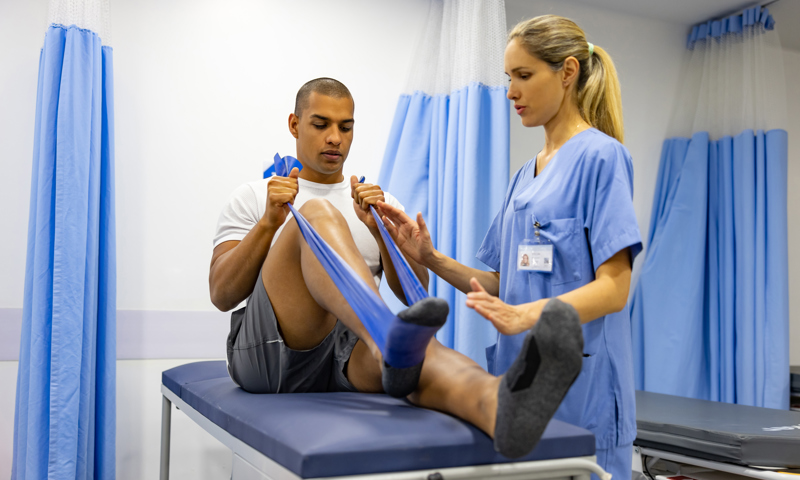
It is important to reach out to family and friends when recovering from a cycling injury, who can provide crucial support and help the individual to recover both physically and emotionally. By giving the injured person a safe place to discuss their fears, you are helping to prevent symptoms from becoming deeply rooted and more difficult to treat.
If you know someone who has suffered from a cycling accident, do not hesitate to encourage them to seek professional help if needed.
To find out more information about our rehabilitation series click here: Leigh Day Cycling Rehabilitation Series | Leigh Day
If you wish to seek legal advice or claim compensation, our personal injury lawyers specialising in cycling accidents are ready to assist you. We will provide you with the necessary support and guidance throughout the process. We are happy to discuss whether there are prospects of a claim and can offer No Win No Fee where appropriate. A claim can help you access expert support for both physical and psychological recovery, so you can return to enjoying the freedom of cycling again.
Our contact details - get in touch today:
Call us: 020 7650 1200
Email us: postbox@leighday.co.uk


